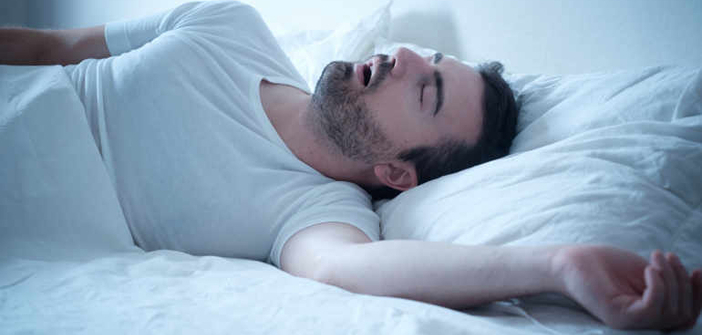Thibault Vincent is the founder of the company ONIRIS. This company specializes in the production of anti-snoring mouthpieces. He explains the problem of sleep disorders, particularly sleep apnea.
How does your product work?
These are types of dental splints that you wear during sleep. They are designed to prevent you from snoring or having sleep apnea. These mouthpieces are recognized by the medical community and are reimbursed by social security. We produce them at several sites, and you can find all sorts of them in pharmacies.
What might be the causes of sleep disorders?
During the lockdown and even today, we know that people and humanity have been in a situation where habits and risks have changed. This has led to situations of anxiety and stress due to the epidemic. We have more hormones, which complicates falling asleep and generates insomnia and anxiety attacks.
What do you believe this is due to?
Following the lockdown, some behaviors have changed, favoring a deterioration of sleep. Stress can be transferred to eating habits, such as increased consumption of chocolate bars. Consequently, the French have gained weight. The problem is that weight gain is a worsening factor for sleep apnea.
Specifically, what are the symptoms of sleep apnea?
Patients with sleep apnea do breathe, but at specific moments, several times per hour, the tongue falls back into the throat, acting like a plug. The patient then tries to breathe, and air no longer passes into the lungs, causing a respiratory arrest for several seconds or more.
What direct consequences might this have on the patient?
To regain breathing, the brain wakes up. Thus, the patient has fragmented and non-restorative sleep, leading to daytime fatigue and concentration troubles. Sleep apnea is an oxygen deficit that can cause an accelerated heart rate and increased blood pressure.
And in the long term?
Since this is a phenomenon that will repeat several tens to hundreds of times per night over several years, it can lead to risks of hypertension, heart disorders, strokes, cancers, and diabetes. These factors further increase the risk of mortality, especially in the case of coronavirus.
What about taking medication for treating these disorders?
Medications like sleep aids will only be effective if it is a genuine case of insomnia, but these are relatively infrequent, accounting for 20% of sleep disorders. The maximum recommended duration is one month. We know that many people take them, particularly older individuals. The risk is that sleeping pills may worsen sleep apnea.
What are the other sleep disorders?
There are far too many to list them all. Among the most common are difficulties in falling asleep, such as parasomnia or restless legs syndrome, where patients make leg movements during the night. The problem is that sleep is a vast and complex field, but we have very good specialists in France.


